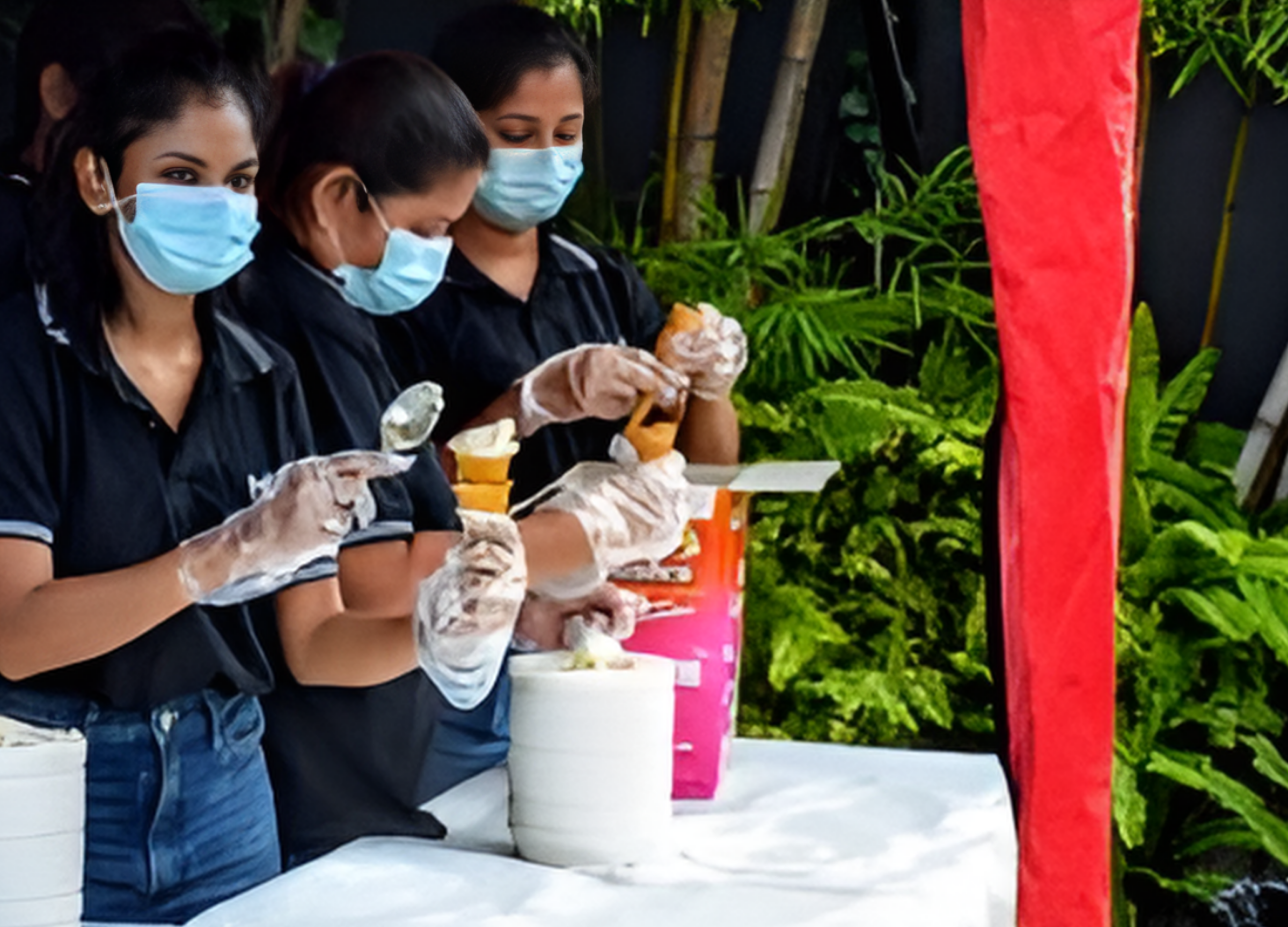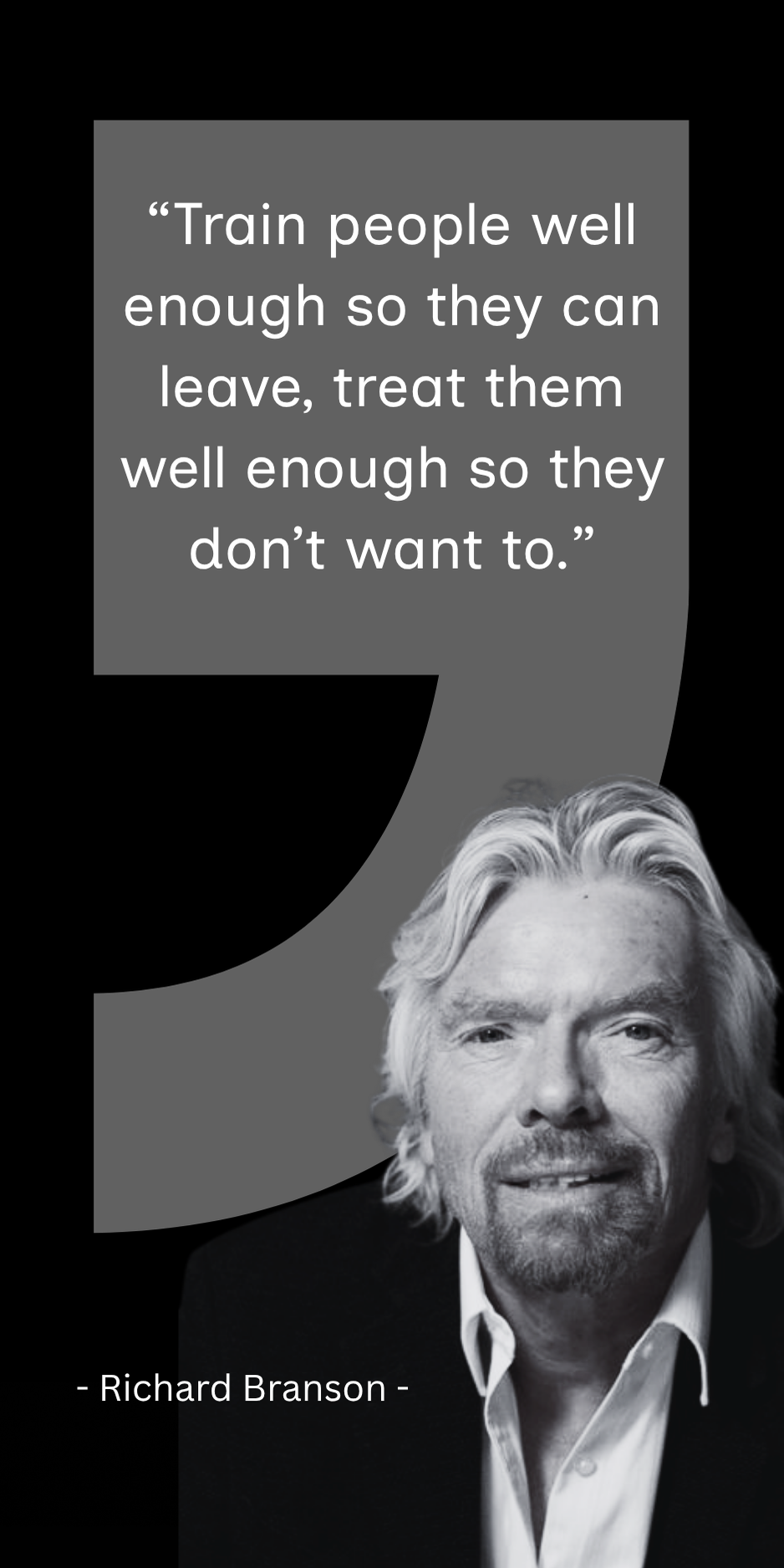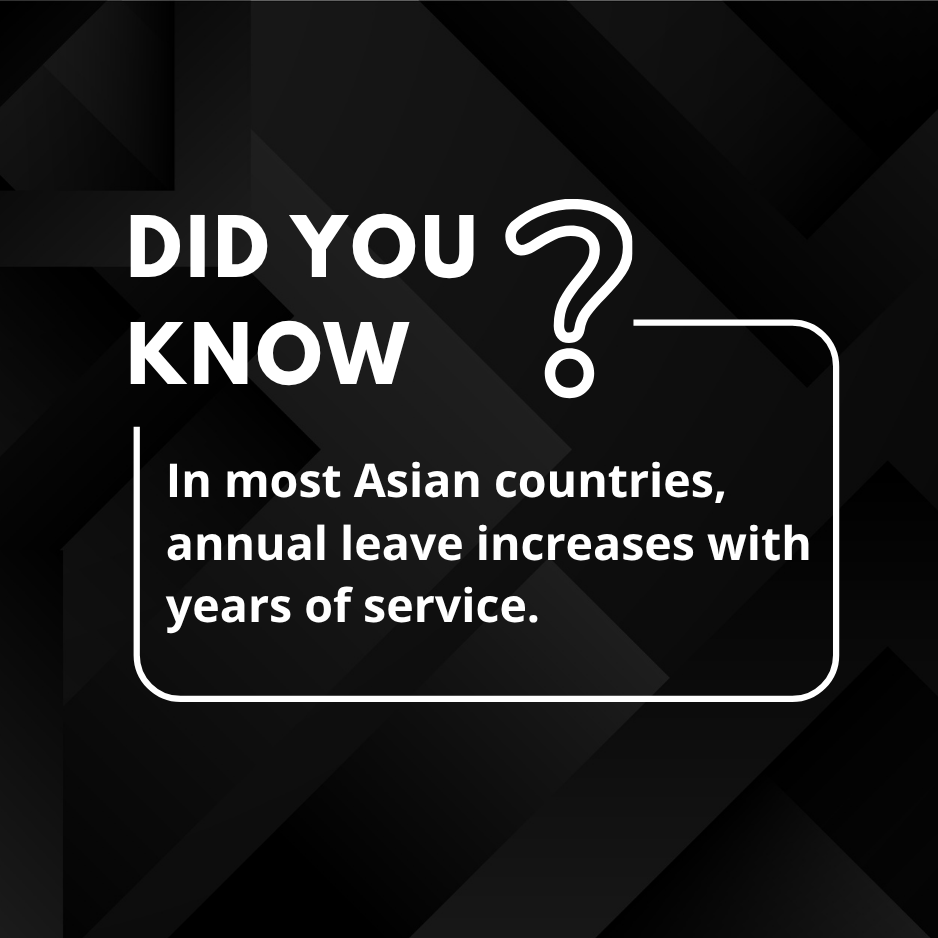Now Reading: Beyond Holidays: Building Belonging
-
01
Beyond Holidays: Building Belonging
Beyond Holidays: Building Belonging

Today, the workplace is getting more and more acknowledged as a place of not only productivity but also culture.
In Sri Lanka, a country with different ethnic groups and religions, this fact is very clear. National festivals like Vesak, Sinhala and Tamil New Year, Deepavali, Christmas, and Eid symbolize more than just the performance of rituals; they are carriers of symbolic meanings that cross the themes of identity, belonging, and community life.
These festivals, if rightly incorporated by the organizations, can do more than just creating social events; they can become places of cultural recognition and psychological safety. This action is directly linked with theories of organizational inclusion, social identity theory, and employee engagement models, which point out that diversity is not only recognized but practiced through HR activities.
Inclusion Woven into Celebration
Organizational inclusion as described by Ferdman (2017), means that diverse individuals need to both feel valued for their uniqueness and at the same time feel connected to the larger whole. Festivals at work are a visible way to achieve this.
For example, the celebration of Sinhala and Tamil New Year in a corporate setting is not only a recognition of tradition but also an acknowledgment of the cultural narratives of Sinhalese and Tamil employees. In the same way, the celebration of Deepavali or Eid being observed would be a way of telling the minority groups that their identities are not at the periphery but are an integral part of the organizational culture.
Through the theoretical perspective, these practices are fighting against tokenism, as cultural recognition is now part of the organizational calendar, hence, they are moving beyond the stage of symbolic gestures to that of structural inclusion. This is in line with the culture dimensions model of Hofstede, especially the aspect of collectivism which is very much present in the socio-cultural milieu of South Asia. Firms by matching their organizational actions with collectivist principles become not only stronger in their communal ties but also in the identity integration of their employees.
Festivals that Fuel Morale
According to Kahn (1990) employee engagement is a situation, when employees enter their “whole selves” into their jobs physically, emotionally, and mentally. Festivals thus become a lever to this by creating emotionally engaging experiences in the work environment.
Events like Vesak lantern-making or Christmas carols not only offer enjoyment through participation but also act as a means of psychological enrichment which is consistent with Job Demands-Resources (JD-R) theory. Festivals are the “resources” that energize employees, elevate the spirit and counter the heavy occupational stress. Additionally, they allow employees to present their social selves in the workplace which, in turn, enhances the alignment of our self-concept with the organization.
Studies in the field of organizational behavior have also pointed out the influence of the affective events theory (AET): The events at work cause emotional reactions that have an impact on job satisfaction and performance. Festivals through their rituals, food, and stories shared, create positive affective events that become the source of long-term engagement and lower turnover rates.
In a Sri Lankan workplace where employees are from various tribes and religions, festivals are emotional bridges that connect different identities at the workplace ensuring that morale is not concentrated in one group.
HR Strategies for Culturally Inclusive Celebrations
HR leaders are not asking whether festivals should be celebrated, but what would be the most suitable manner to do it; one that not only agrees with inclusion theories but also does not show any cultural bias. Some of such practical strategies include:
Institutionalizing Diversity Calendar Integration Embedding all cultural festivals into the organizational calendar not only demonstrates parity but also shows that the company is committed to the practice of it. The approach depicts Equity Theory (Adams, 1965) as employees see fairness in the recognition of their cultural identities and hence the organization is equally fair in them.
- Promoting Voluntary, Not Compulsory, Participation
As per Self-Determination Theory, one of the most important factors for intrinsic motivation is autonomy. In order to avoid a situation wherein staff festivals turn into mere ‘showing’ for the management, workers should be given the freedom to choose willingly whether to take part.
- Focusing on Shared Values
Observance of dietary needs, prayer times, and cultural intricacies is the basis for avoiding inadvertent exclusion. Such behavior ties to Maslow’s hierarchy of needs, particularly to the need for esteem and belonging, which have to be met before staff members can demonstrate their self-actualization in the organization.
- Embedding Sensitivity in Logistics
By observing dietary restrictions, prayer times, and cultural differences, a group is able to avoid the situation where some members feel left out without even realizing it. The act in question is closely connected to Maslow’s hierarchy of needs, namely to the need for esteem and belonging, which are necessary for employees to reach the level of self-actualization in the workplace
- Encouraging Cross-Cultural Learning
Organizing storytelling events or sharing between different departments can increase knowledge of the culture, which is in line with contact theory (Allport, 1954), a concept that indicates that significant interactions between different groups result in less prejudice.
Through using these academic frameworks as a base for festival management, the HR department is able to confirm that festivities go beyond being just visual displays but serve as instruments for inclusion, equality, and participation.
Toward a Culturally Intelligent Workplace
Workplace festivals are not “soft” HR initiatives; they are the strategic levers that help in inclusivity, engagement, and organizational identity. In the case of Sri Lanka, where cultural diversity is not only the country’s greatest strength but also a potential source of division, festivals, in this case, provide the means to build trust, unity, and mutual respect.
Basically, the impact of festivals is so strong and weighty that one can even recognize it through various organizational theories which include the presence of culture in the inclusion frameworks, the identity – based engagement models, or culture intelligence paradigms. Festivals promote psychological safety (Edmondson, 1999), hence allowing employees to reveal their cultural identity in case they are not biased, and they are also creating shared rituals that form an additional sense of belonging to the organization.
For HR leaders, it is not just a matter to “celebrate” but to produce cultural living experiences that are not only in line with the organizational values but are also in accordance with theoretical best practices. Consequently, Sri Lankan companies can become the living examples of how multi-ethnic societies can evolve the cultural differences into a source of unity and strength.
Therefore, every festival celebrated at work is more than just a day of decorations or rituals; it is a cultural recognition, an investment in employee engagement, and a step toward building organizations that are the reflection of the nation’s diversity and












